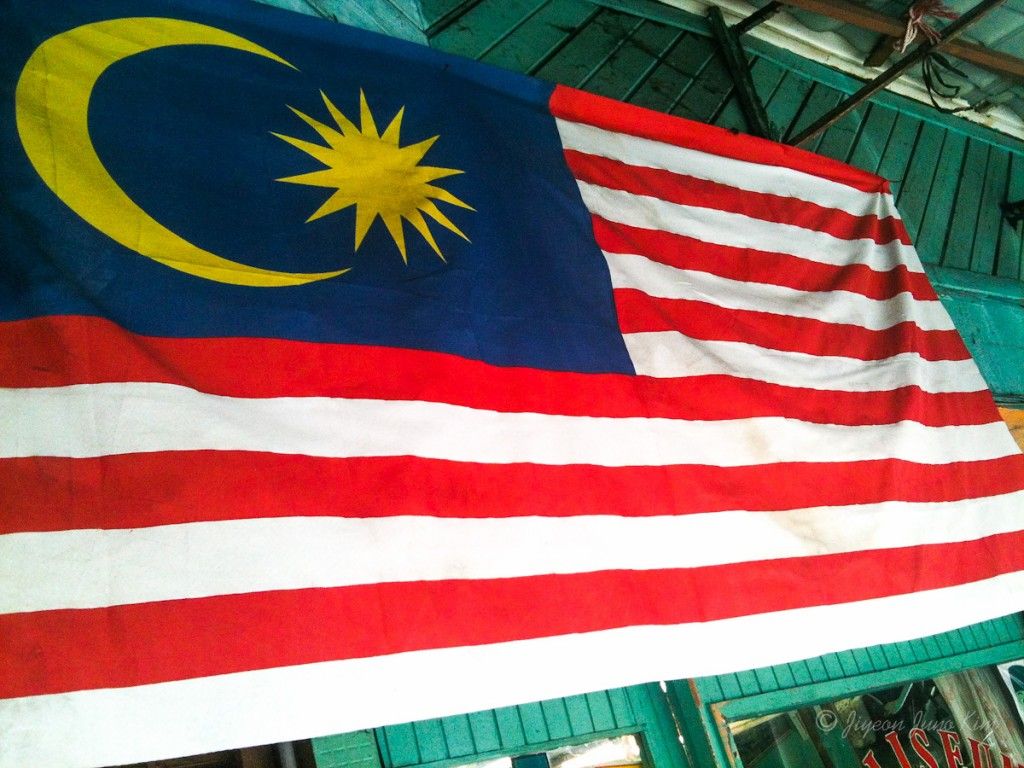Nationality and ethnicity, what do these mean to you?
The first time I’ve ever encountered the difference between nationality and ethnicity was in Quebec. We extended our New England road trip to Quebec, to just taste a bit of the exotic province. Our Couchsurfing host, an eccentric Quebecker student, introduced us to a few of his friends in his town that I still can’t pronounce right, Trois-Rivières. I was wondering about the Quebec sovereignty movement, that has been going on for a while. I’m not too familiar with the whole situation, but I know the basic background of it.
After a long discussion, they said, ‘I’m a Quebecker, not a Canadian. When people ask me where I’m from, I say Quebec.’ I understood what they were talking about. Quebec and the rest of Canada are culturally different and even using different languages. The majority of signs in Quebec are bilingual, but with the much bigger font of French than English, and that’s by law. Although it was a valid opinion, I had to admit, it was a totally new and odd concept to me.
After a few experience over race and nationality during my travels (especially after the painful experience in China), I thought a little more about the whole ethnicity and nationality issue. Recently, I thought Malaysia, one of my favourite countries in the world, is quite an interesting place in the sense of ethnicity. We briefly talked with a taxi driver at Malacca on the way to the bus station. I asked him where he’s from, and he said Malacca. And he added, “I’m Chinese”. In Malaysia, there are Chinese, Malay, Indian, and indigenous minorities. They look pretty distinct from one another, most of the time, but not all the time. People often address them as their ethnicity rather than their nationality, just like the taxi driver. He is technically a Malaysian citizen, but he is also Chinese (ethnicity). In the hidden words, he is a Chinese man who lives in Malaysia. Well, is he Malaysian or Chinese?

It is all very confusing if you are from a country like my homeland, Korea, which is like a homogenous pot rather than a melting pot like New York City or L.A. In Korea, one word represents everything. The simple statement “Korean” means, the ethnicity, the nationality, the culture, the food and the language. No doubt, I’m Korean through and through. I didn’t have a chance to think about the whole issue when I was growing up, because there was no need. Korea has been a closed society for a long time. It hasn’t been long since we opened to foreign influences. Traveling to Asia and various other regions in the world made me think about this subject that I haven’t given much thought.
On the contrary, America is interesting because the foundation is very different than Korea. There’s no American as an ethnicity. American spirit, American culture, and heritage, all which I admire very much, are very clear to this day and have been respected by people from all around the world. The Americans I meet weren’t FROM America, but they are Americans in spirit. These people often have a different ethnic or racial background, but identify themselves as American, not particularly specifying their origin.
The world is rapidly changing. Even in Korea. Due to the amount of foreign residents, now it’s not too rare to see biracial couples. It won’t be a homogenous pot anymore. There will be a Korean kid with blond hair, speaking fluent Korean in no time. It will be pretty fascinating to see that. Young Malaysians are trying to change their legal documents to have just ‘Malaysian’ instead of having four different ethnicity choices. On the other hand, some Quebecers still badly want to be divided from the rest of Canada. I’m not sure if they will get what they want, but we’ll see.
I’m thankful for all the time on the road because of such things that I would have never known if I stayed. I probably didn’t have an opportunity to think about the meaning of ethnicity, and nationality like many other people in the world. And I’m also thankful for my home country, to give me such a specific view on ethnicity and nationality even before I knew it. The racial issues always have been a big part of the history, good and bad, and there’s a need to aware of that. Different is not wrong, that’s the whole foundation. There was, and sadly still is, always discrimination against of the certain races, and I hope it gets better. Just like any other issues around the world, judging people with only one side of the person that they were born with, is not right.
Have you ever thought about ethnicity, and nationality?